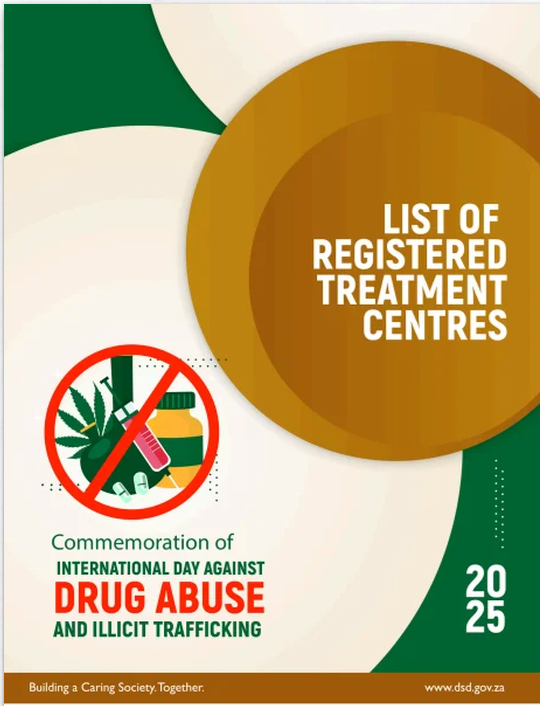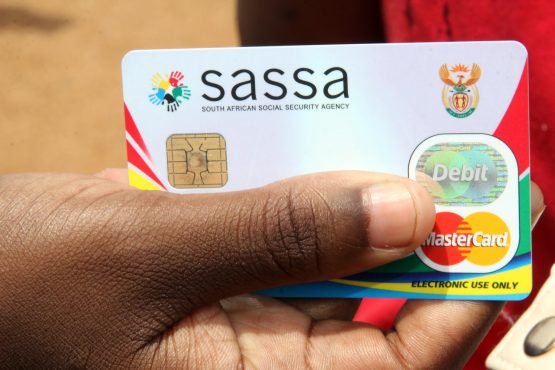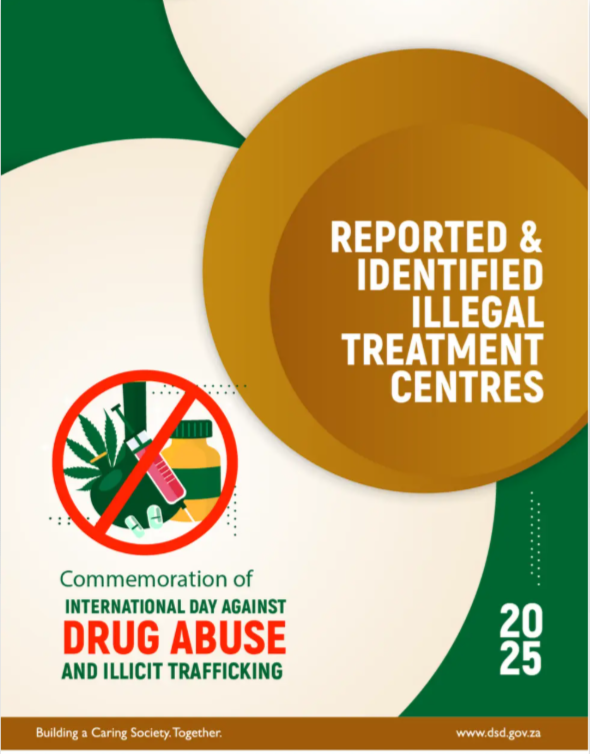By Tholakele Makena and Thandeka Stampu.
- Minister of Social Development Ms Nokuzola Sisisi Tolashe led an Integrated Ministerial Outreach Programme in Vryburg, North West, bringing essential government services directly to residents.
- The initiative, held at Huhudi Stadium, formed part of the District Development Model (DDM), promoting collaboration and integrated service delivery across all spheres of government.
- Departments including Home Affairs, Health, SASSA and the NDA offered on-site support ranging from identity documents to social grants and health services.
The Minister of Social Development, Ms Nokuzola Sisisi Tolashe, led an Integrated Ministerial Outreach Programme in Vryburg, North West, to bring essential government services closer to residents and strengthen social inclusion. The engagement was part of the Department’s ongoing efforts to improve access to services in communities facing high poverty and unemployment.
Held at Huhudi Stadium, the outreach formed part of the District Development Model (DDM), an initiative championed by President Cyril Ramaphosa to encourage coordinated planning and joint service delivery across government departments. Residents were able to access a variety of services under one roof, including assistance with identity documents, health screenings, social-grant applications and support for community projects.
The Naledi Local Municipality was selected for the outreach due to its socio-economic challenges. More than half of the population lives in poverty, with unemployment at 41.3 percent, affecting mostly young people. Despite these challenges, Naledi records the lowest poverty rate in the Dr Ruth Segomotsi Mompati District at 57.3 percent, showing strong community resilience and the potential for transformation through coordinated interventions.
Minister Tolashe was joined by North West MEC for Social Development Ms Suzanne Dantjie, SASSA CEO Mr Themba Matlou, and DSD Director-General Mr Peter Netshipale. During her oversight visit to the local SASSA office, Minister Tolashe emphasised that the outreach was focused on delivering tangible outcomes. “This is not a talk show. The Social Development Portfolio is here to make a difference in people’s lives,” she said.
The Department of Social Development also introduced a new mobile application designed to make it easier for citizens to apply for and track the progress of their grant registrations, including older person’s grants, child-support grants, care-dependency grants and Social Relief of Distress (SRD). According to Acting Chief Director of the NPO Directorate Mr Luyanda Ngonyama, the innovation aims to reduce queues and travel distances for beneficiaries.
“We want to ensure that people no longer have to travel long distances or stand in long queues just to check the status of their registration,” he said.
Local leaders welcomed the outreach as an example of practical implementation of the District Development Model. Cllr Solly Matobo, Acting Executive Mayor of the Dr Ruth S. Mompati District Municipality, said the programme demonstrated how joint planning and shared resources can bring meaningful change to communities. “This joint approach strengthens service delivery and ensures that communities receive integrated support,” he said.
Community members expressed appreciation for the opportunity to access services close to home. Ms Onalerona Maiisa, a resident of Nelson Mandela Drive, said being able to apply for her identity document during the outreach was life-changing. “I am happy that the Minister brought the government departments closer to us. I hope that this time I will receive my ID and my children can benefit from SASSA support,” she said.
As the Department of Social Development concluded Social Development Month, the outreach at Huhudi Stadium reflected the theme of turning compassion into action, reaffirming government’s commitment to building a caring, inclusive society where no citizen is left behind.
Through initiatives such as this, the Department continues to strengthen its presence in communities, bridge the gap between government and citizens, and ensure that every South African has access to the support and services they deserve.





